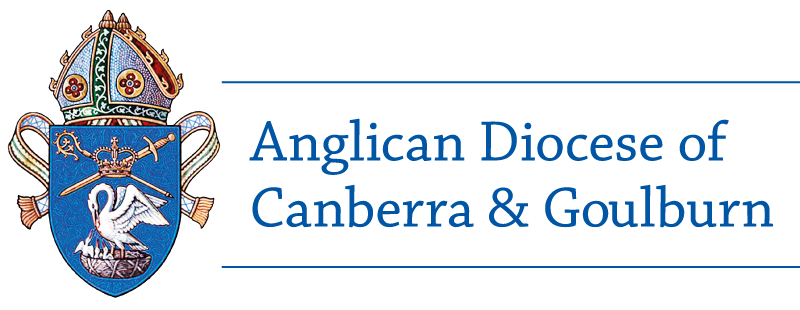For 22 years our small dedicated team provided weekly free food at a tiny Community Centre in Canberra’s inner north public housing, together with wide-ranging support assisting the marginalised and those on low incomes. For my part, as a vocational deacon, this was with a deep sense of following after the servant ministry of Christ; of fully engaging with God’s world, simply, and with few resources, with mud on my boots (literally) from the good earth.
We cared about the plants and trees around us, for all of God’s creation with no divisions; seamless. We rescued and assisted a variety of animals. I adopted two precious dogs that were in much need.
Archdeacon Emeritus Anne Ranse once wrote words to the effect, that we don’t know what effect we have on people, and for the large part, we never will.
Those words come back to me when I remember a young woman arriving at the Centre one day. She was beautifully dressed and well-groomed as always. I was pleased to see her; it had been at least a year since she last called in (I remembered that we’d talked together then, but didn’t remember details of the conversation).
She said, ‘I just had to come and see you. I had to come and thank you’. She went on to say that on her previous visit ‘I was at this point’, and she made a slashing motion across her throat. She said simply, ‘You saved my life!’
I had no idea at the time that she was in such distress and in an odd way it was probably better, because I was able to talk with her easily and naturally.
She said she was now doing well, had a good job, and carried a small bible in a bum bag; happy to produce it if anyone showed interest or need.
That night, as I drove home after a long and tiring day, I thanked God for giving me the words those years ago and that this young woman was safe and well. I felt humbled and thankful.
On another occasion I was driving along Northbourne Avenue near the Community Centre, and saw a middle-aged couple; small, frail, with obvious disabilities. The man was on the ground, having suffered a seizure, and his wife was trying to pull him up onto his feet. She would lift him a little, then he would drop back onto the ground. Car, after car, after car drove on by, not stopping, not slowing. I pulled off the road and helped them to their block of flats, up the stairs, and safely home to their front door. The man was better, but a bit wobbly.
On that day, as on many others, I was reminded of the parable of the Good Samaritan (Luke 10) as the cars went rushing by.
So much easier these days, no need to cross the road to avoid a situation, just drive on by – passing in seconds, gaze averted; comfortable, warm, music playing, home soon.
I carry two strong emotions from that day, firstly the woman’s utter devotion to the needs of her husband.
Secondly, that while I felt tense and angry that no-one cared enough about this couple to at least slow down, the woman didn’t once look up at the passing cars – she showed no signs of resentment – she clearly had no expectation that anyone would help her.
During the 22 years at the Community Centre, each All Souls Day, I would lead a brief memorial service and read out the names of the 72 people connected with the Centre who had died, and also names of 25 dearly-loved pets.
I continue to do that, but now I do it out in the street. The people have gone, the buildings have gone. Just a few trees remain.
by Reverend Robin Moore

